2022 Archives
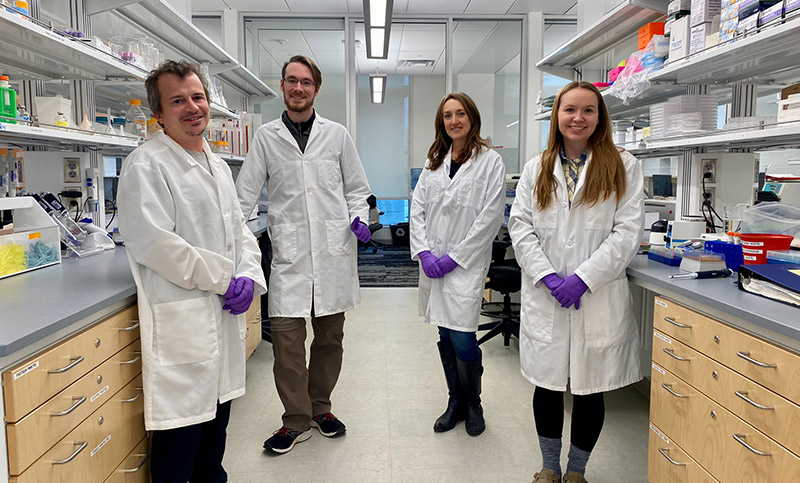
Overeating and the holidays: a psychologist’s perspective
December 20, 2022 - Shelly DeJong
Why is it that we often overeat during the holidays? How can some people always seem to make room for an extra slice of pie? Psychology professor Dr. Alex Johnson and his team of researchers know just how complex the answers are to those questions. From genetics to chemicals to environmental cues, there are a lot of factors that make a difference in why and how people eat.
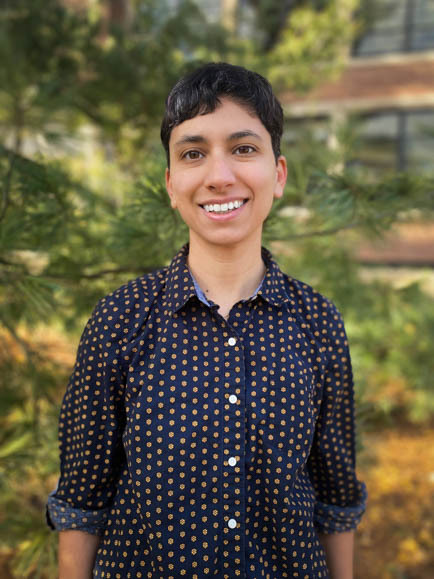
Psychology student Megan Mikhail receives Social Science Graduate Student Researcher Award
December 20, 2022 - Emily Jodway
Megan Mikhail, a graduate student in the Department of Psychology, was awarded the 2022 College of Social Science Graduate Student Researcher Award for her research on eating disorders and disadvantaged populations.
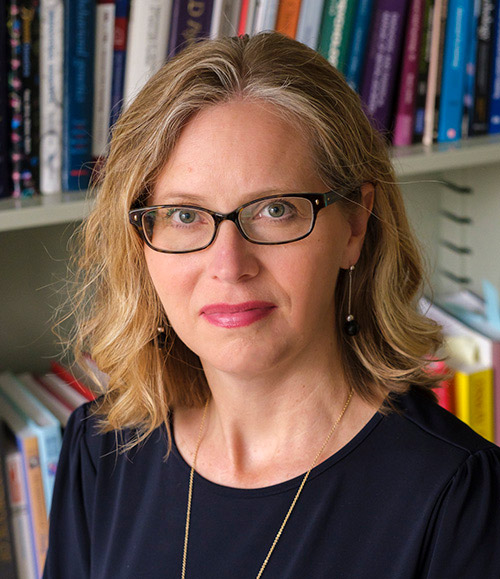
Psychology professor S. Alexandra Burt named inaugural Diamond Distinguished Professor
December 15, 2022 - Shelly DeJong
MSU Psychology faculty, S. Alexandra Burt, has been selected as the inaugural SSC Diamond Distinguished Professor in College of Social Science.
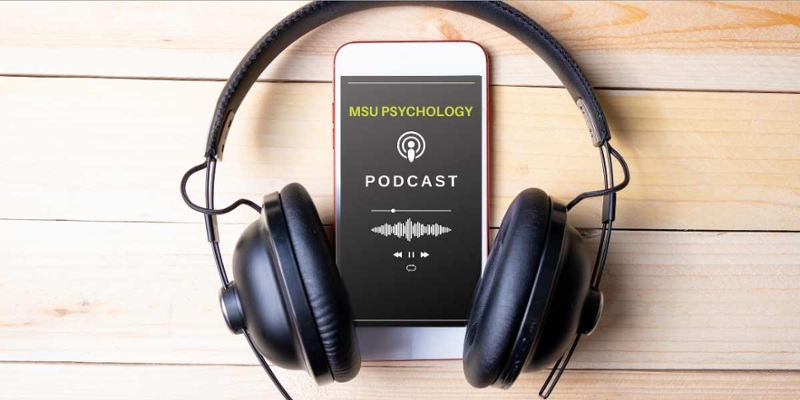
MSU Psychology podcasts worth listening to
December 8, 2022 - Shelly DeJong
If you’re a curious person who can’t get enough podcasts, this list is for you! MSU psychology faculty, postdocs, and grad students have been busy sharing their expertise on a variety of topics—including personality, twins, childfree adults, belief systems, and more! Dive in and enjoy stimulating conversations about research, theories, and ideas with some voices you may just recognize!
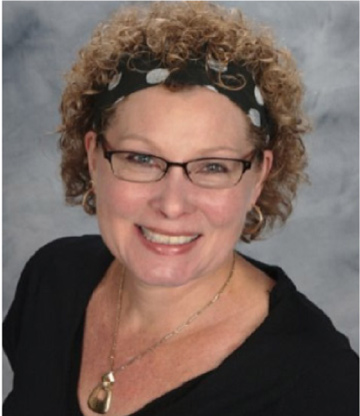
World AIDS Day hits close to home for psych professor Dr. Robin Lin Miller
December 1, 2022 - Shelly DeJong
December 1 is World AIDS Day. Dr. Robin Lin Miller, a professor of ecological-community psychology at Michigan State University, shares about growing up on Fire Island Pines, dedicating 37 years of her career to studying community-led responses to the HIV epidemic, and why HIV is still devastating to the marginalized and vulnerable.
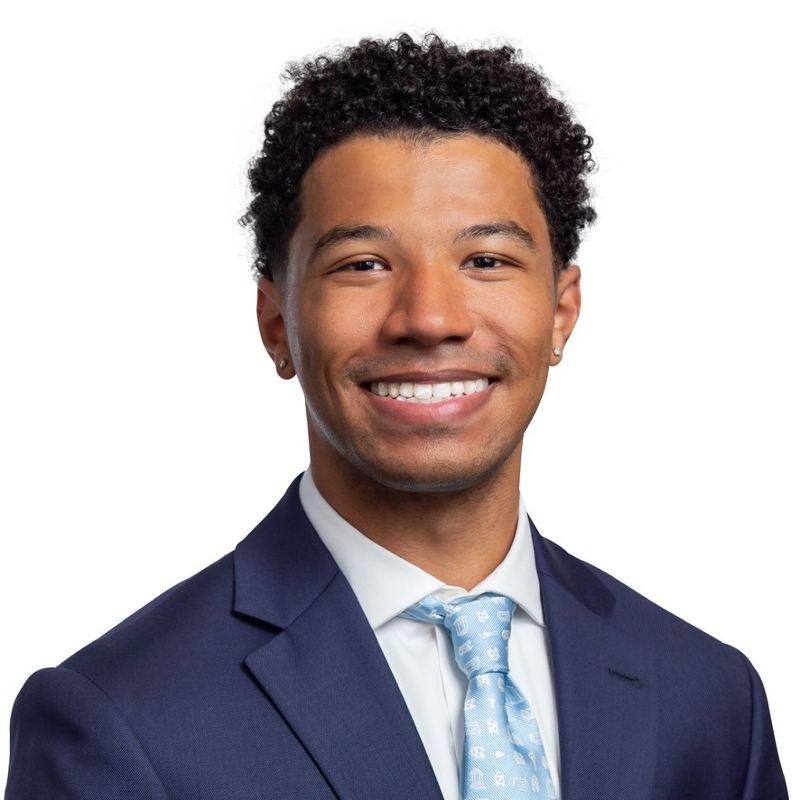
Black Men in Psych: Kenan Sayers
November 30, 2022 - Shelly DeJong
When Kenan Sayers, a first-year MSU psychology graduate student in the Clinical Science area, heard that Black men are underrepresented in the field of psychology, he knew immediately that he was going to become a psychologist. With a handful of other graduate students around the country, he helped to form Black Men in Psych, a group that works to connect Black men in psychology and celebrate their successes.
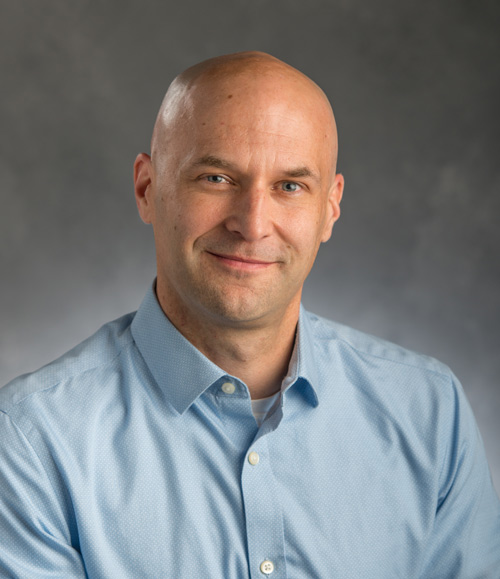
MSU psychology professor recognized in ‘2022 Highly Cited’ list
November 18, 2022 - Kaylie Crowe and Kim Ward
Eleven Michigan State University researchers, including psychology professor Dr. Richard Lucas, have been recognized in the 2022 Highly Cited Researchers List compiled by Clarivate Analytics. The list identifies individuals from across the globe who have demonstrated significant and broad influence in their chosen field or fields of research over the past decade.

Parents have very warm feelings toward other parents – here’s why that could be bad news for the child-free
November 18, 2022 - Zachary P. Neal and Jennifer Watling Neal
The aphorism “birds of a feather flock together” describes the fact that people tend to prefer associating with others who are similar to themselves. The phenomenon goes by different names: Sociologists call it homophily, psychologists call it in-group favoritism and political scientists call it affective polarization. It’s observed in a wide range of demographic and social characteristics including sex, race, religion, age, education and political party. But what about parental status? Do parents prefer other parents? What about child-free people who don’t want to be parents? Do these preferences even matter? Here Dr. Zachary P. Neal and Dr. Jennifer Watling Neal share about their research and what it means.
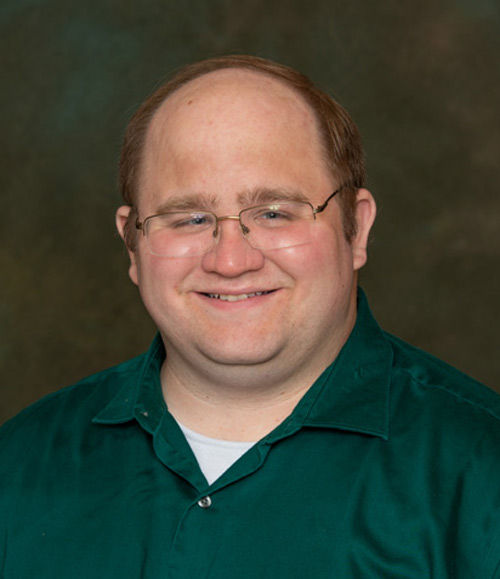
New MSU study: Personality influenced college students’ romantic relationships during the pandemic
November 3, 2022 - Kim Ward
Though the COVID-19 pandemic disrupted many people’s social lives, new research from Michigan State University outlines some personality-related factors that may have contributed to students either continuing to form new relationships or avoiding them. The new study by MSU researchers found that one in five college students started a new romantic relationship during the pandemic.

MSU Psychology research shows daylight has big impact on cognitive functions
November 1, 2022 - Shelly DeJong
Imagine you are in a laboratory room watching two African grass rats trying to navigate through a maze. One grass rat moves through the course quickly and finds its way out easily. The other grass rat struggles and cannot figure out how to get out of the maze. You wonder why one navigates it so easily and the other cannot. You might be surprised to find out that the only factor that changed for each grass rat was light exposure.
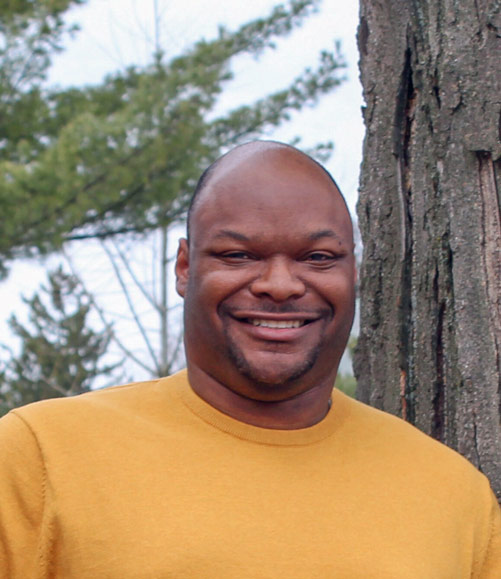
New Study on Mental Health: Interventions Need Cultural and Social Disparities Awareness
October 24, 2022 - Shelly DeJong
Mental health has been a national concern for many Americans during COVID-19, but little research has been done to determine what factors have influenced mental health and how they compare across countries. New research from Michigan State University sampled five countries and looked at what factors affected suicidal ideation risk during COVID-19 lockdown.
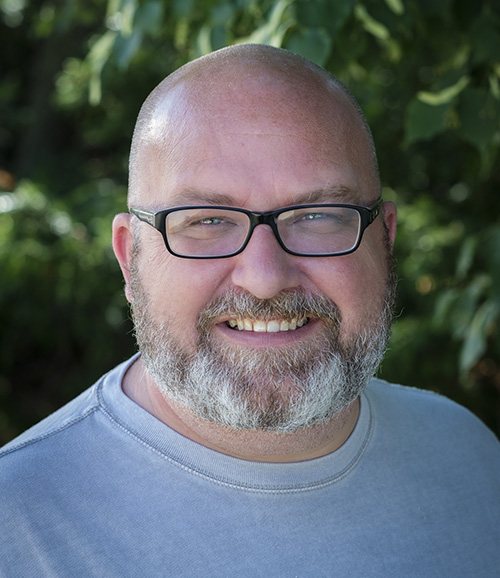
Dr. Nathan T. Carter Joins MSU Psychology Faculty
October 24, 2022 - Anna Lionas
The Michigan State University psychology department welcomes Nathan T. Carter, Ph.D. as a new professor in the organizational psychology program. Dr. Carter hails from the state of Kentucky and has spent the past 10 years of his career working at the University of Georgia. Dr. Carter’s research focuses on personality and behavior in the workplace.
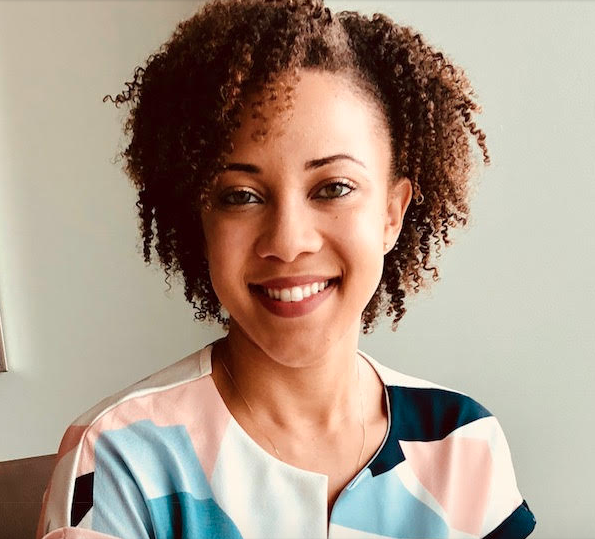
APA’s Early Career Psychologist Achievement Award Names MSU Psychology Alumna
October 19, 2022 - Shelly DeJong
Danielle King has received the American Psychological Association (APA) Achievement Award for Early Career Psychologists. Dr. King, who earned a doctorate in organizational psychology at MSU, is an assistant professor at Rice University and studies resilience and identity.
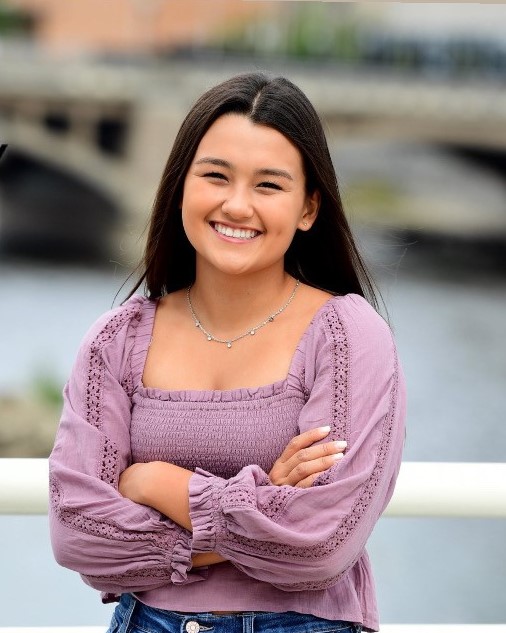
Meet a Psychology Student: Isabelle McKinney
October 17, 2022 - Shelly DeJong, Anna Lionas
Isabelle McKinney is double majoring in Psychology and Human Capital and Society with a minor in Leadership of Organizations with a graduation date of May 2023. She is also dual enrolled in the master's program for Human Resources and Labor Relations with the hope of graduating in 2024. We sat down with her to talk about how she ended up on the path that she is on, what she loves about it, and what her advice is for new students.
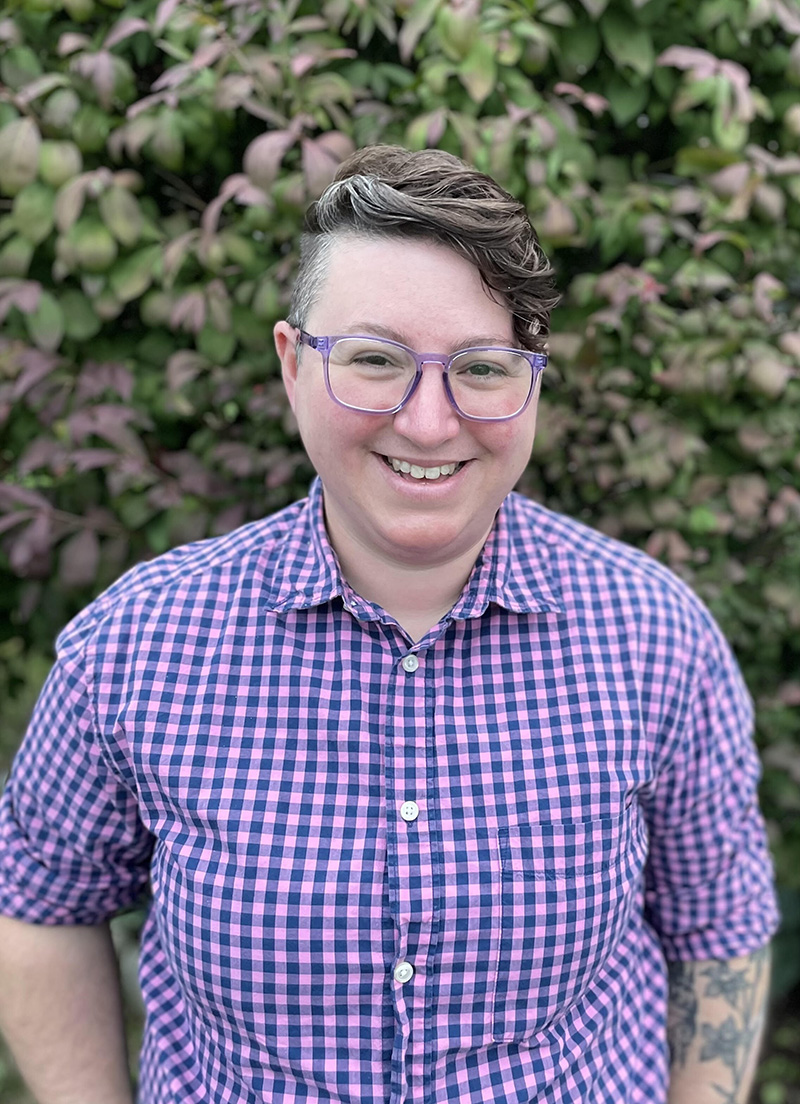
National Institute of Health grant awarded to collaborative research team studying experiences of resilience in transgender communities
October 11, 2022 - Emily Jodway
Dr. Jae Puckett (they/them; Michigan State University Department of Psychology), along with Drs. Em Matsuno (they/them; Arizona State University) and Paz Galupo (she/they; Towson University) have been awarded a $2.2 million dollar grant from the National Institute on Minority Health and Health Disparities. This grant will help fund the team’s research on experiences of resilience in transgender communities.
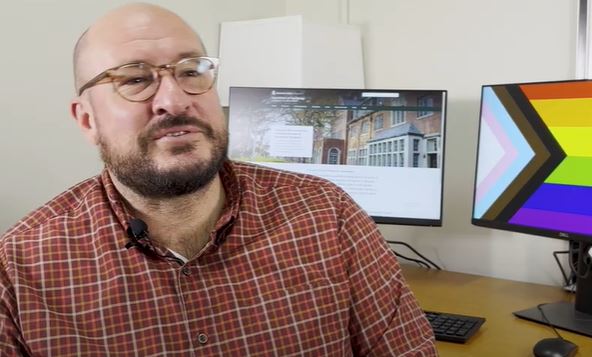
Navigating the Coming Out Process
October 10, 2022 - Shelly DeJong
Every October 11, National Coming Out Day is recognized. But for many, it is still a challenging day of figuring out what path is best for them. A team of psychologists and counselors collaborated to figure out the best ways for mental health service providers to support clients who are in the early stages of navigating the coming out process.
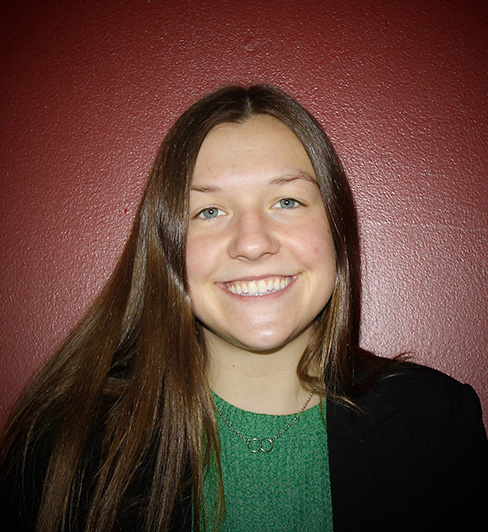
A Conversation with the President of Psi Chi at Michigan State University
October 6, 2022 - Shelly DeJong
Sadie Mrakuzic, a senior studying Psychology and Public Policy, is the president of Psi Chi at Michigan State University, the International Honor Society in Psychology that focuses on excellence in scholarship and advancing the field of psychology. We reached out to Sadie to learn about her experience with Psi Chi, her goals as president, and her advice for new psychology students.
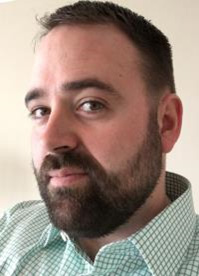
Meet a Psychology Spartan: Edward Witt
October 5, 2022 - Shelly DeJong
Edward Witt earned a Ph.D. in Social and Personality Psychology in 2011 after having been an undergraduate psychology student at Michigan State University. During his time at MSU, Edward worked in many different areas, but his main interest was in psychometrics and the measurement of maladaptive personality traits. Now as a manager on the Health Analytics, Research, and Reporting team for Walgreens, Edward can see how beneficial his time at MSU really was.
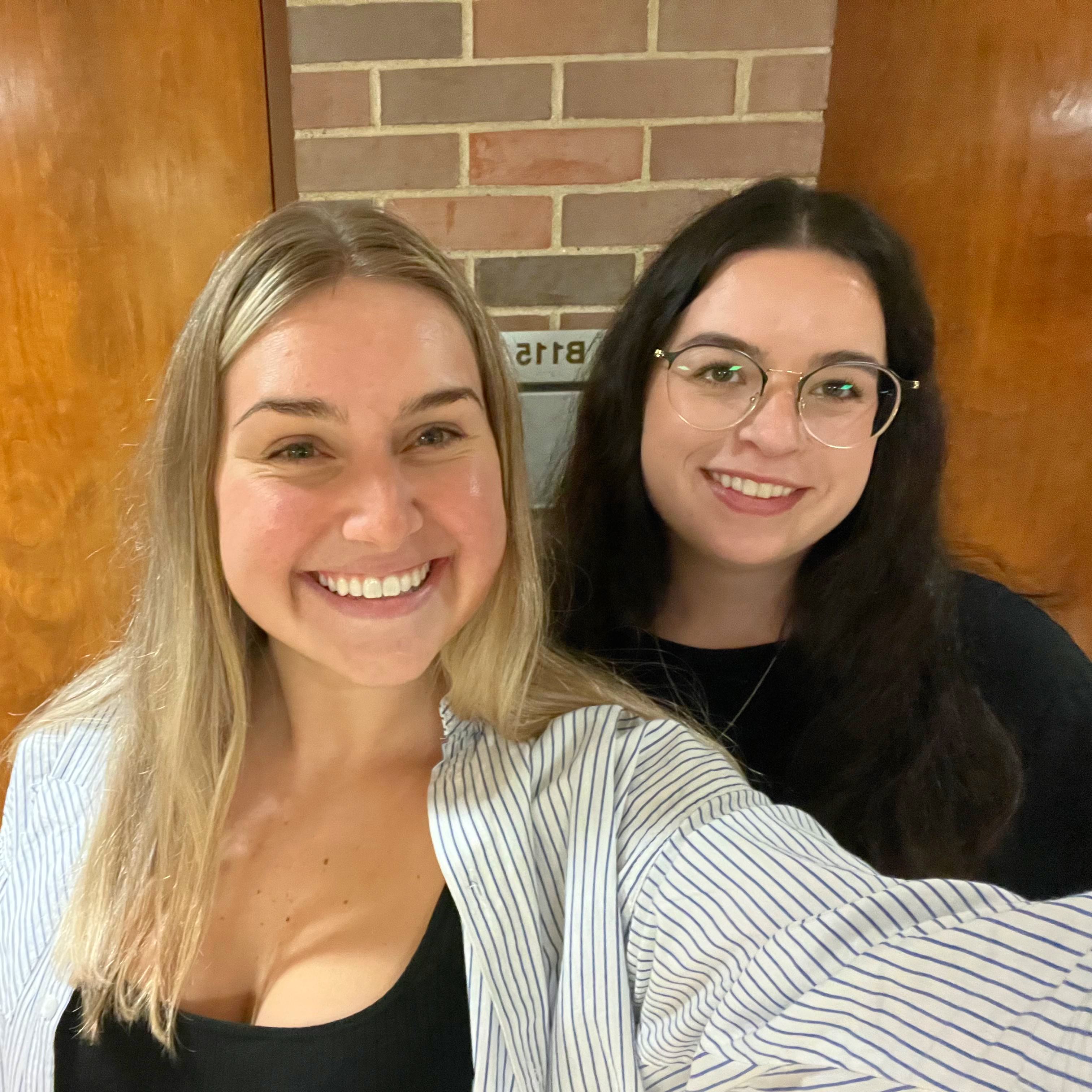
A Conversation with the Co-Presidents of the Psychology Club
September 26, 2022 - Shelly DeJong, Alexander Gutanski
Helena Corda and Lauren Gunter are the co-presidents of the Psychology Club, a campus group for anyone interested in the field of psychology. Students connect with their peers, volunteer at various events, and get insights into a variety of career opportunities. We reached out to Helena and Lauren to learn about their lives, the benefits of being involved on campus, and their goals as co-presidents.
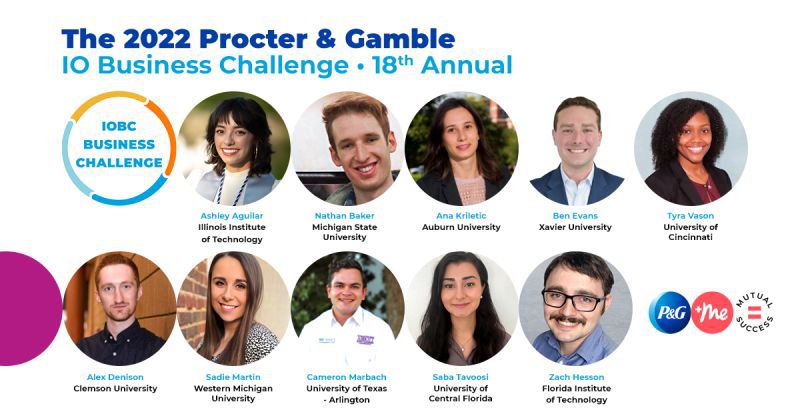
Procter & Gamble Business Challenge invites psych Ph.D. student
September 25, 2022 - Shelly DeJong
For 18 years, Procter & Gamble (P&G) has invited organizational psychology graduate students to a weeklong challenge to address problems they face as a business. Michigan State University psychology graduate student, Nathan Baker, will be taking part this year.
Study: Asexual relationships need same ingredients as any other relationship
September 22, 2022 - Shelly DeJong
New research from Michigan State University found that, despite asexuals’ lack of or dislike for sexual attraction, the ingredients that make for a successful relationship among asexual individuals are virtually the same as those in any other relationship.
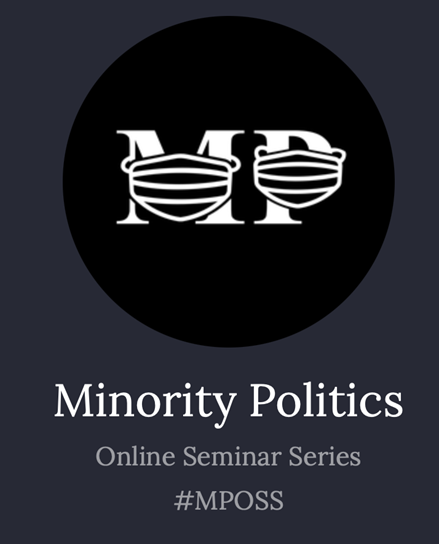
New Season of Minority Politics Online Seminar Series Begins
September 21, 2022 - Shelly DeJong
A new season of Minority Politics Online Seminar Series (MPOSS) kicks off on September 27th. This series, hosted by Drs. Ana Bracic and Nazita Lajevardi from the Department of Political Science, and Dr. Mark J. Brandt from the Department of Psychology, uniquely focuses on how politics affect and is affected by marginalized people who have less power and are often excluded from the system.
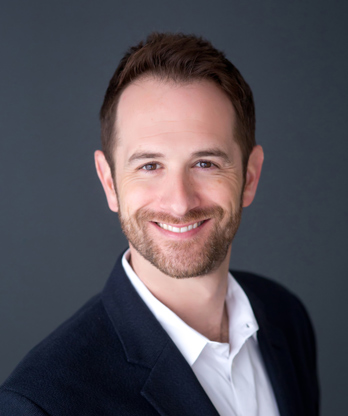
Anxiety in Kids: MSU Psychology Professor Looks to Fill Research Gap
September 20, 2022 - Shelly DeJong
Anxiety disorders are the most common mental illness in the United States, affecting adults and children. Research, support services, and intervention options are in place for many struggling people, but young kids are often left out. Psychology professor Jason Moser, Ph.D., and his team are working to fill this research gap and explore ways to help kids through this early developmental stage.
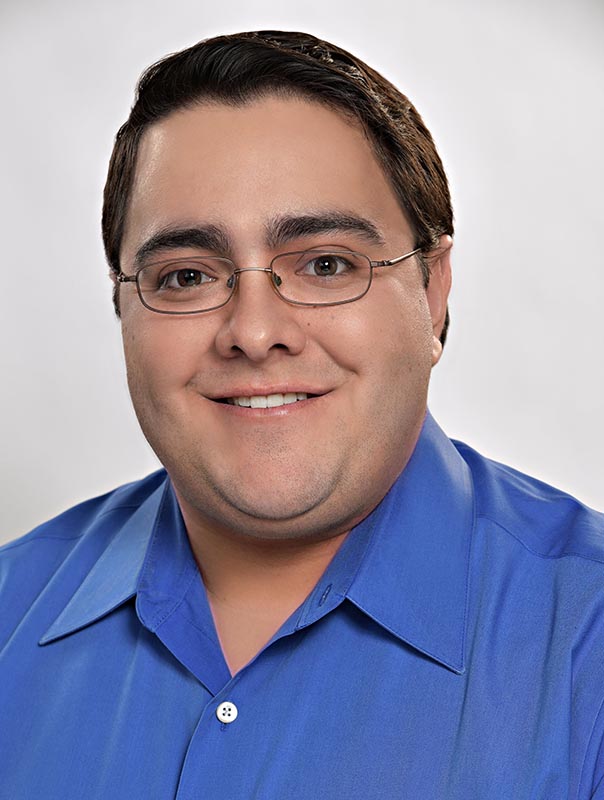
Psych Ph.D. Student Shares His Story to Help Others During National Suicide Prevention Month
September 15, 2022 - Shelly DeJong
Content Warning: mention of suicide, grief, suicide awareness, suicide prevention. September is National Suicide Prevention month and Corbin Standley, an ecological-community psychology Ph.D. candidate, is uniquely equipped to share his story.
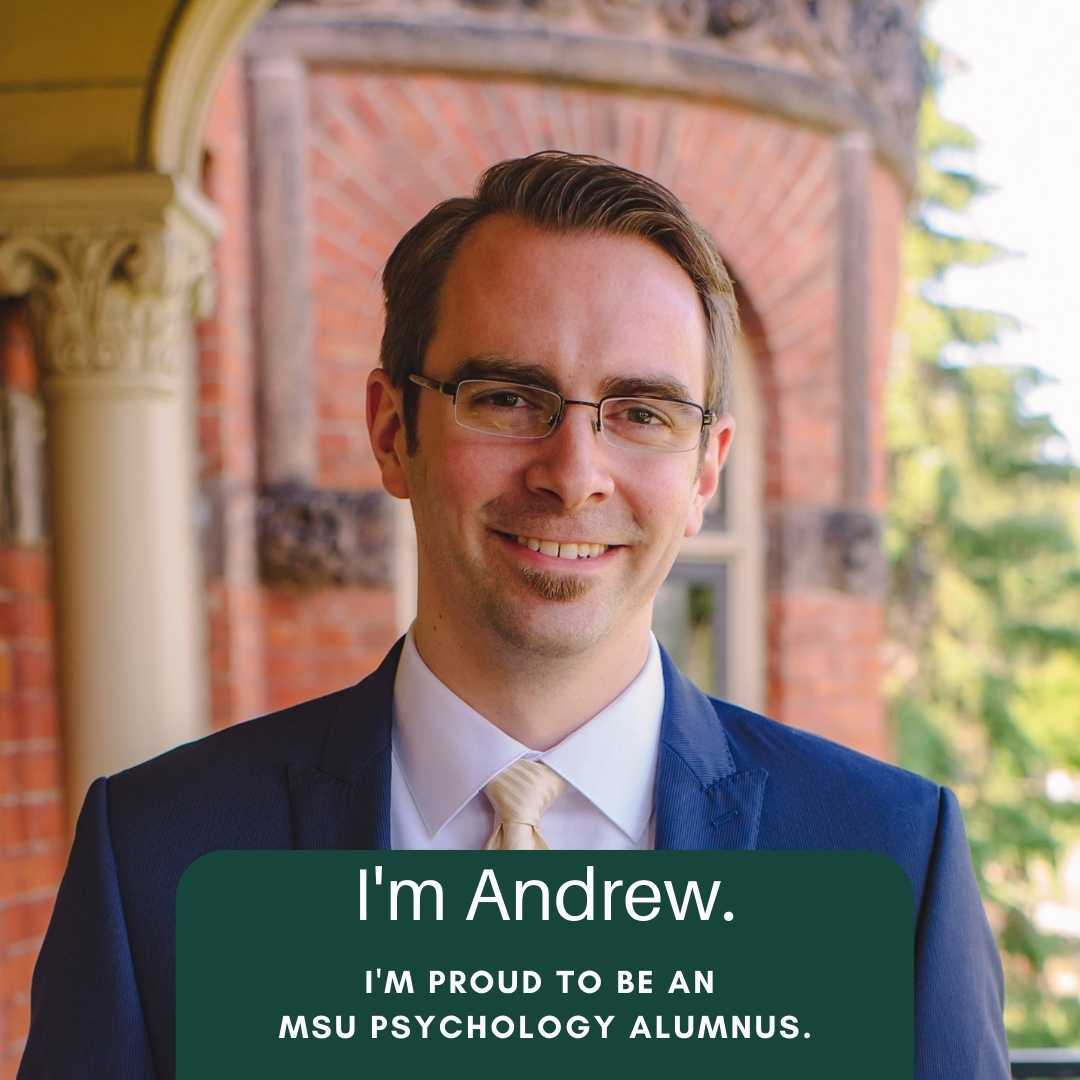
Meet a Psychology Spartan: Andrew Defever
September 12, 2022 - Shelly DeJong
Andrew Defever earned a Ph.D. in Social and Personality Psychology in 2018. As a student, Andrew realized that he wanted to work in industry rather than academia, so he began to figure out where he might fit best. Now as a senior manager in the research science division at J.D. Power, Andrew applies the data, research, and mentorship skills he learned while at MSU.
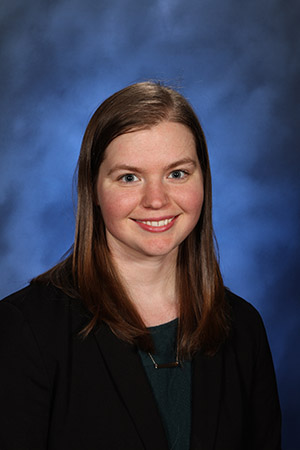
Ten Outstanding Young Americans Award Names MSU Psychology Alumna
September 7, 2022 - Shelly DeJong
The College of Social Science congratulates psychology alumna Jennifer Lawlor on receiving the Ten Outstanding Young Americans Award by JCI USA. Dr. Lawlor, who earned a doctorate in ecological-community psychology, works to help communities understand, share information, and move to action on complex social issues.
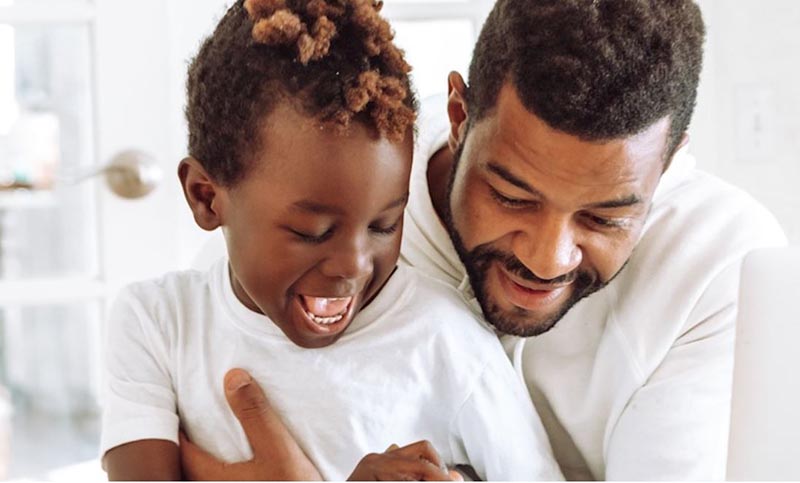
Study: Neighborhoods aren’t made for childfree people or single parents
September 6, 2022 - Kim Ward
Over the last few years, the pandemic has forced most of us to stay home in our own neighborhoods. New research from Michigan State University found that for some groups of people, spending time in their neighborhoods is no block party.
Meet a Psychology Spartan: Jacob Bradburn
September 5, 2022 - Shelly DeJong
Jacob Bradburn earned a PhD in Organizational Psychology in 2020. Shortly before graduating, he began working for Ford Motor Company as a People Scientist. Jacob sat down with us recently to talk about his time at MSU, what a People Scientist does, and how his program prepared him to make a difference in the workplace.
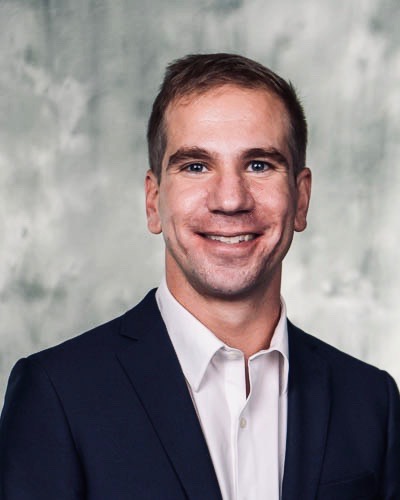
Organizational Psychologist Kevin Hoff Joins Faculty
August 28, 2022 - Shelly DeJong
The Michigan State University psychology department welcomes new faculty member Kevin Hoff, Ph.D. to their organizational psychology program. Dr. Hoff, who earned his doctorate from the University of Illinois, comes most recently from the University of Houston. Dr. Hoff’s research specializes in careers, vocational interests, personality, and the future of work.
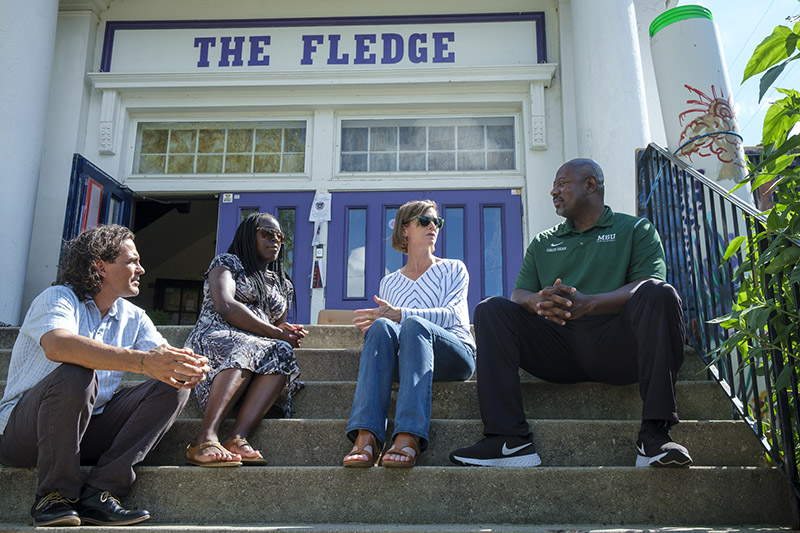
Social Scientists Partner on Youth Violence Study in Lansing
August 28, 2022 - Emily Jodway
Carole Gibbs and Jennifer Cobbina of the College of Social Science’s School of Criminal Justice, along with Psychology research associate Sean Hankins, are in the midst of conducting an ongoing research project with adolescents in the Lansing community.
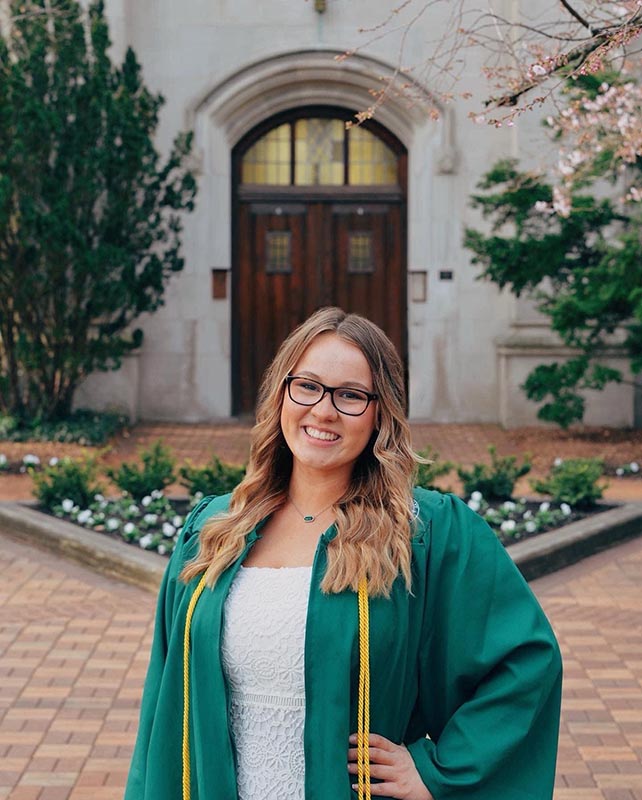
Meet a Psychology Spartan: Taylor Shippey
August 17, 2022 - Shelly DeJong
Taylor Shippey, a 2022 psychology major, has wasted no time since graduating. As a psychology undergraduate, Taylor discovered her passion for understanding, helping, and relating to people. As a graduate, she’s building upon her psychology skillset by entering the public relations field.
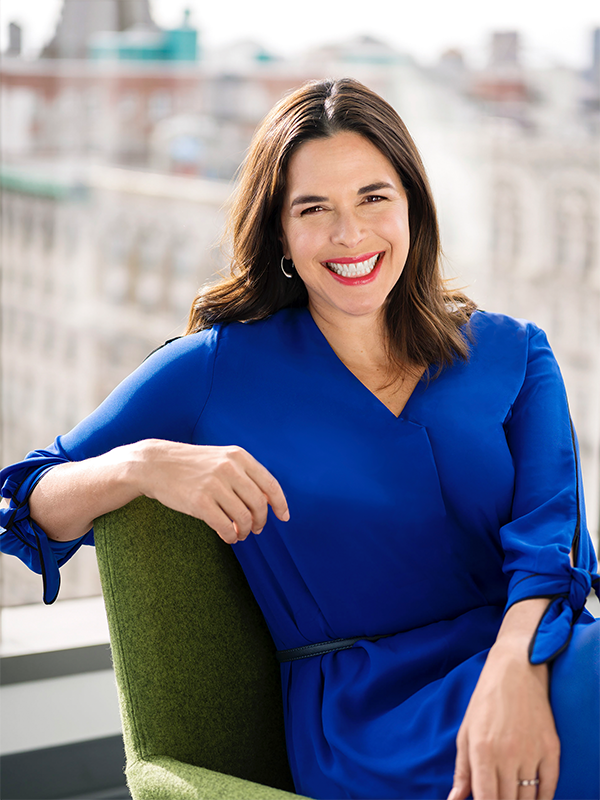
MSU Psychology Alumna Becomes First Woman President at Dartmouth
August 4, 2022 - Shelly DeJong
The College of Social Science congratulates alumna Sian Leah Beilock, on her recent election as the 19th President of Dartmouth College. Dr. Beilock, who earned doctorates in both kinesiology and psychology from Michigan State University, is the first woman elected to the position in Dartmouth’s more than 250-year history.
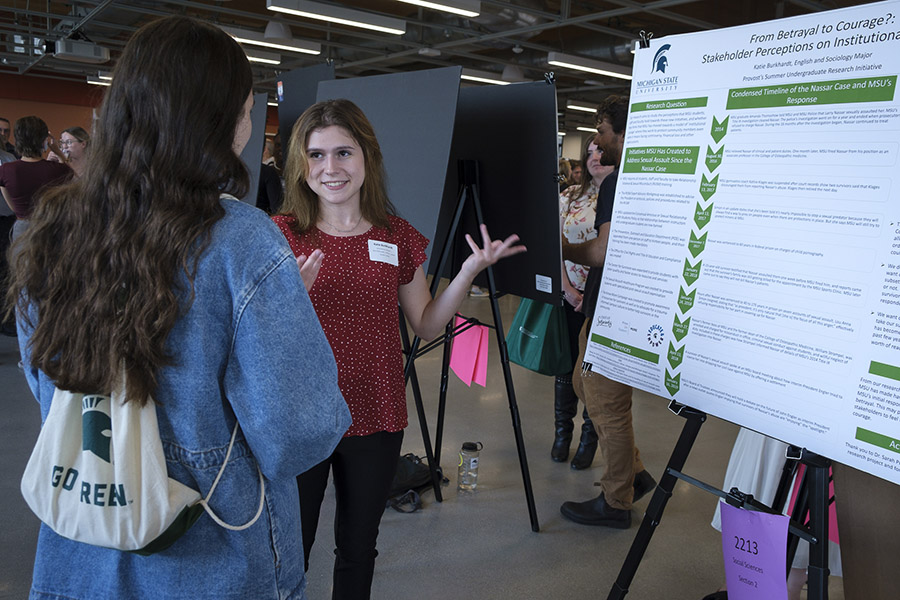
Social Science Students Present Research at Annual Mid-SURE Event
August 4, 2022 - Emily Jodway
Each year, Mid-Michigan Symposium for Undergraduate Research Experiences (Mid-SURE) affords undergraduate students from across multiple academic disciplines the opportunity to share their research with both the University and the community at large.

Jae Puckett Receives Transgender Research Award from APA
July 27, 2022 - Emily Jodway
The Transgender Research Award highlights and honors research that makes a notable contribution to this goal of understanding, health and well-being of transgender people and gender diversity in society. Dr. Puckett earned the recognition based on their most recent research area surrounding minority stress in transgender and gender diverse communities.
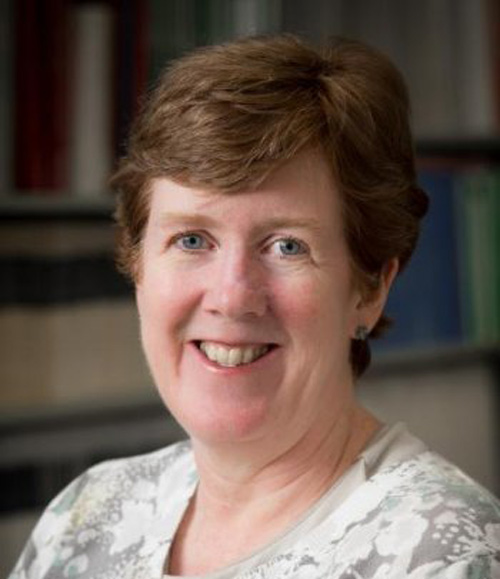
Dr. Ann Marie Ryan Received the 2022 Graduate School Outstanding Faculty Mentor Award
June 1, 2022
Dr. Ann Marie Ryan Received the 2022 Graduate School Outstanding Faculty Mentor Award

Bre Lind is the 2022 Outstanding Senior in Psychology
May 4, 2022 - Caroline Kraft
Bre Lind is the 2022 Outstanding Senior in Psychology.
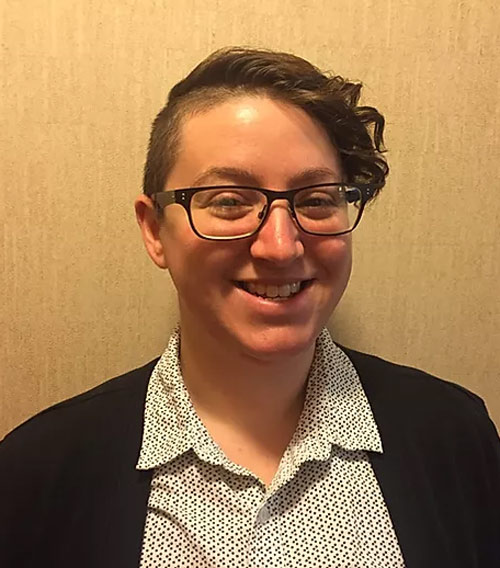
Dr. Jae Puckett received an Early Career Award from the American Psychological Association
April 27, 2022
Dr. Jae Puckett received an Early Career Award from the American Psychological Association
Three Members of the Psychology Department Won College of Social Science Awards This Year
April 17, 2022
Three Members of the Psychology Department Won College of Social Science Awards This Year
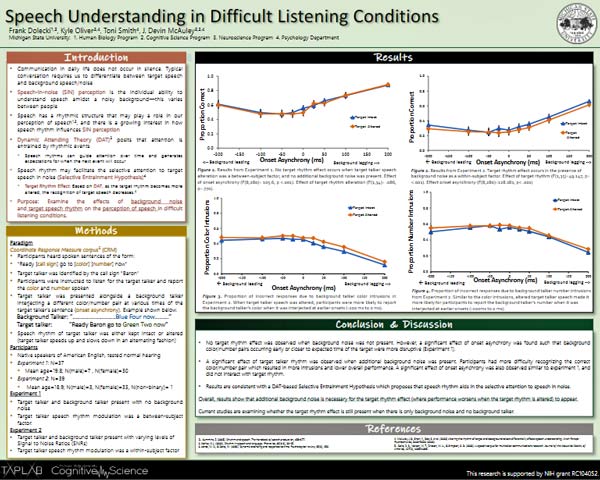
Psychology Students Presented 40 Research Projects at UURAF 2022
April 14, 2022
Psychology Students Presented 40 Projects at UURAF 2022
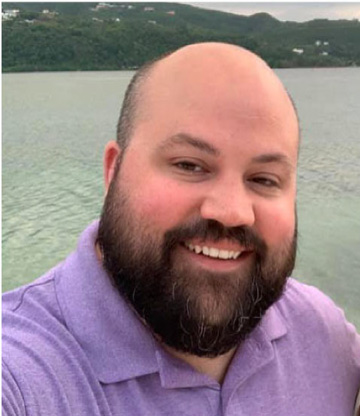
Dr. Jonathan Weaver won RCPD's Spirit of Ability Award
March 23, 2022
Dr. Jonathan Weaver won RCPD's annual Spirit of Ability Award.
MSU Clinical Psychologists Awarded NIH Grant to Study Psychosis in Midlife
March 16, 2022
Dr. Katy Thakkar, Kristen Culbert, and Dr. Kelly Klump were awarded an NIH grant to examine why women are at a higher risk for midlife psychosis than men.
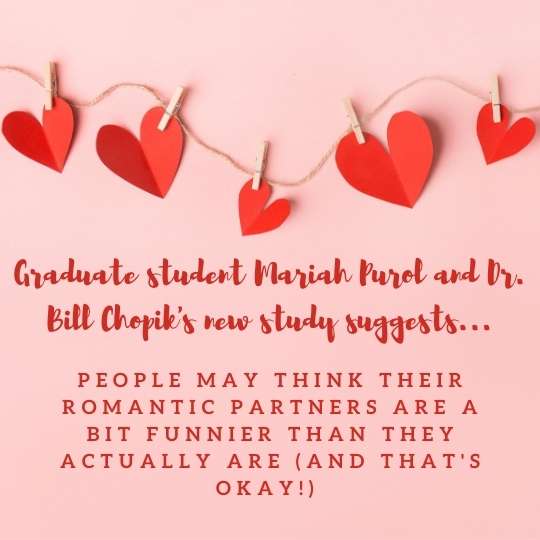
Your partner probably isn't quite as funny as you think they are (and that's okay!)
February 15, 2022 - Liz Schondelmayer
Graduate Student Mariah Purol and Dr. Bill Chopik's new study suggests that the funnier people find their romantic partners and the more similar their senses of humor are, the happier they tend to be in their relationship.
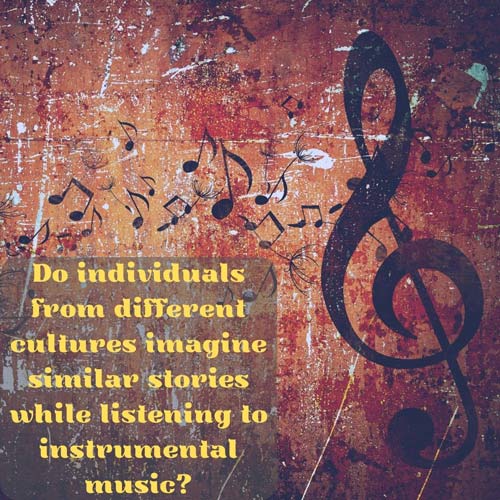
Do individuals from different cultures imagine similar stories while listening to music?
January 27, 2022 - Caroline Kraft
Dr. McAuley and colleagues' new study suggests that individuals from similar cultures picture similar stories while listening to instrumental music.
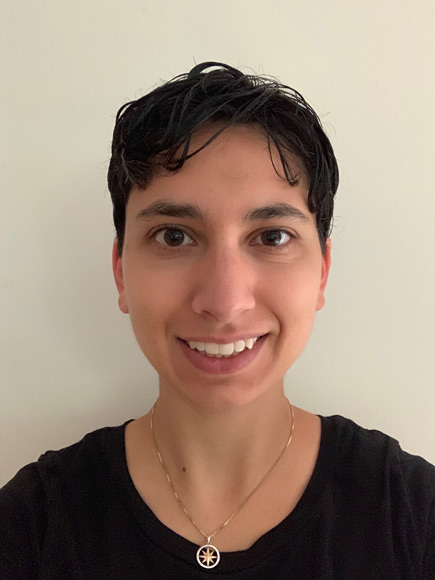
Where female adolescents grow up can influence eating disordered behaviors
January 12, 2022 - Caroline Kraft
Megan Mikhail, a graduate student in Clinical Science, has discovered a link between the neighborhoods female adolescents grow up in and their risk of developing disordered eating patterns.

